Ethiopia says Eritrean troops will soon leave Tigray as UN warns of unfolding famine
Ethiopia’s northern Tigray region has for months been embroiled in a conflict that has resulted in massive fatalities, displacement and now acute hunger. The country's UN envoy says Eritrean troops, criticized for their role in the conflict, are set to imminently leave the region, while a top UN official has warned of an unfolding famine catastrophe there.
Eritrean troops, along with the Ethiopian military, have been fighting against the once-dominant regional ruling party — the Tigray People’s Liberation Front (TPLF) — since Prime Minister Abiy Ahmed declared a war against them in November last year.
Rights groups and aid organizations, which made their way into Tigray, have reported that the troops committed rights violations and massacres in the northern region.
The United Nations humanitarian chief, Mark Lowcock, told the Security Council on Tuesday that the region is facing a devastating famine, as “Eritrean soldiers are using starvation as a weapon of war.”
In addition, he said, “Rape is being used systematically to terrorize and brutalize women and girls.”
“Displaced people are being rounded up, beaten and threatened," Lowcock told the 15-member council.
He also warned that “no one should be surprised to see a rerun" of a devastating 1984 famine if the war does not stop and Eritrean troops do not leave.
Between 1984-85, about 2 million Africans died of starvation or famine-related ailments, about half of them in Ethiopia.
Data released last week shows 350,000 people are facing famine and over 2 million are just a step away from starvation in Tigray.
Ethiopia’s UN envoy Taye Atske Selassie Amde disputed the famine-related data, on Tuesday, saying that there is “food insecurity” in Tigray.
But he said that Eritrean troops “will definitely leave soon.”
“There is a commitment from my government, and the Eritreans are very clear as well, that it is a matter of sorting out some technical and procedural issues,” he added.
Lowcock further said hat the Tigray administration has reported deaths from starvation.
“The situation is set to get worse in the coming months, not only in Tigray, but in (neighboring) Afar and Amhara as well,” he warned.
Britain’s UN Ambassador Barbara Woodward also said there should be “no further delay” in the withdrawal of Eritrean troops.
“Farmers have been unable to plant next year’s crops due to the violence,” she said.
She warned that “while the violence continues, it is not only condemning the people of Tigray to desperate hunger this year, but next year, too.”
“The solution is clear: a cease-fire, humanitarian access and political dialogue,” Woodward said.
Ethiopian officials initially denied the presence of any Eritrean troops in the Tigray conflict, but they finally acknowledged their involvement.
Prime Minister Abiy said in late March that the Eritreans had agreed to leave the country.
Two weeks later, Lowcock said humanitarian organizations in the region had seen no proof of a declared withdrawal of Eritrean troops.
The violence in Tigray has killed thousands of civilians and forced more than 2 million from their homes in the mountainous region.
VIDEO | US support for Israel’s expansionist agenda
Palestinians granted only 66 building permits in West Bank over 11 years: Report
Somaliland ready to give US access to its minerals, military bases: Minister
VIDEO | Iran's game changing retaliation boxes- part 1
VIDEO | Iran's game changing retaliation boxes- Part 2
VIDEO | Palestinian widow raises three kids in Gaza as her husband killed by Israel
Palestinian teen killed as raids and settler violence intensify across West Bank
Iran’s layered arsenal primed to deter – and decimate – US warships in Persian Gulf


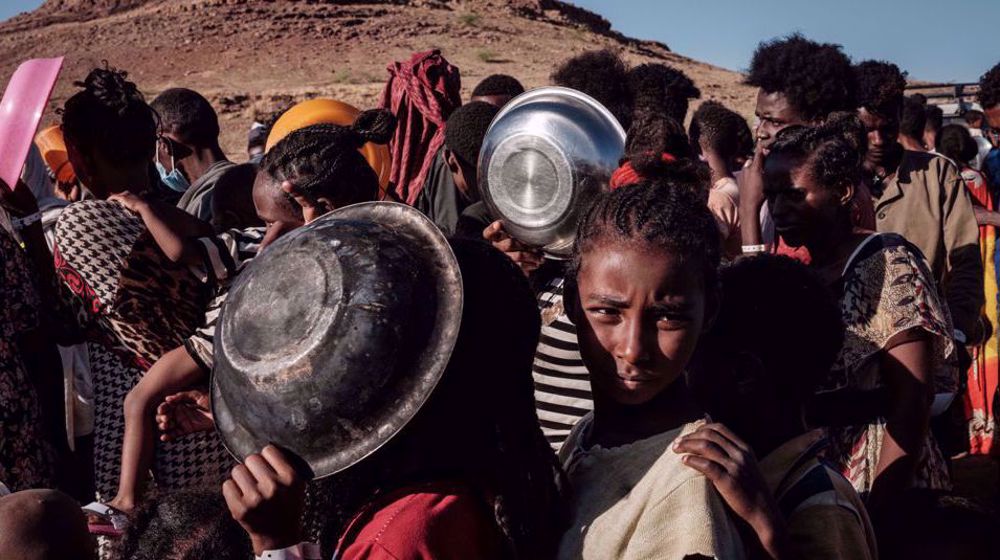

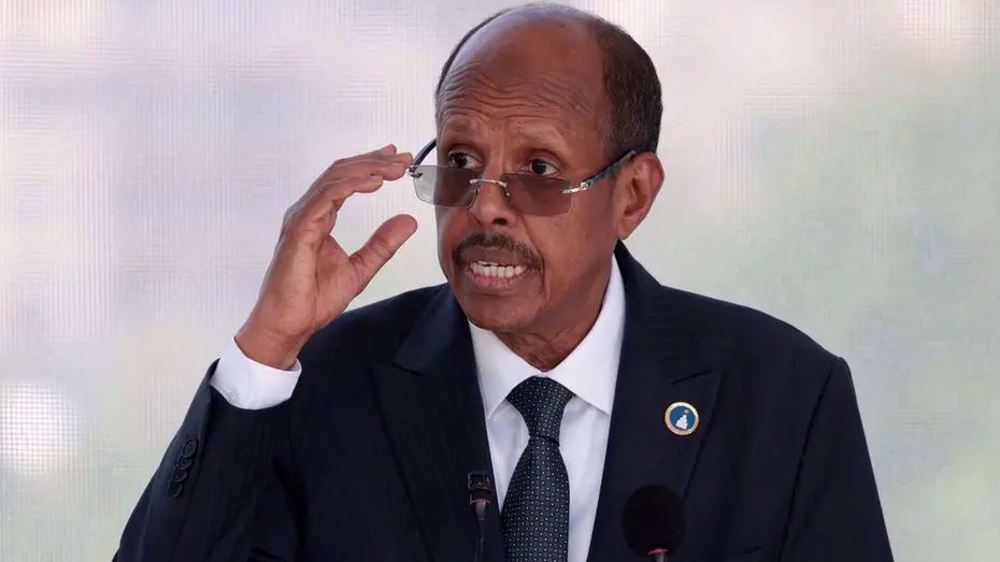





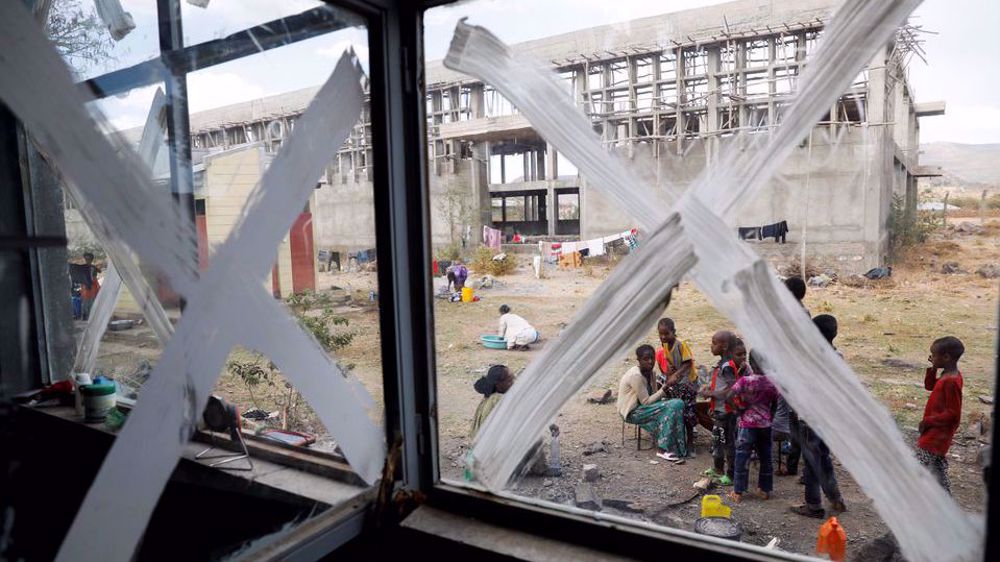
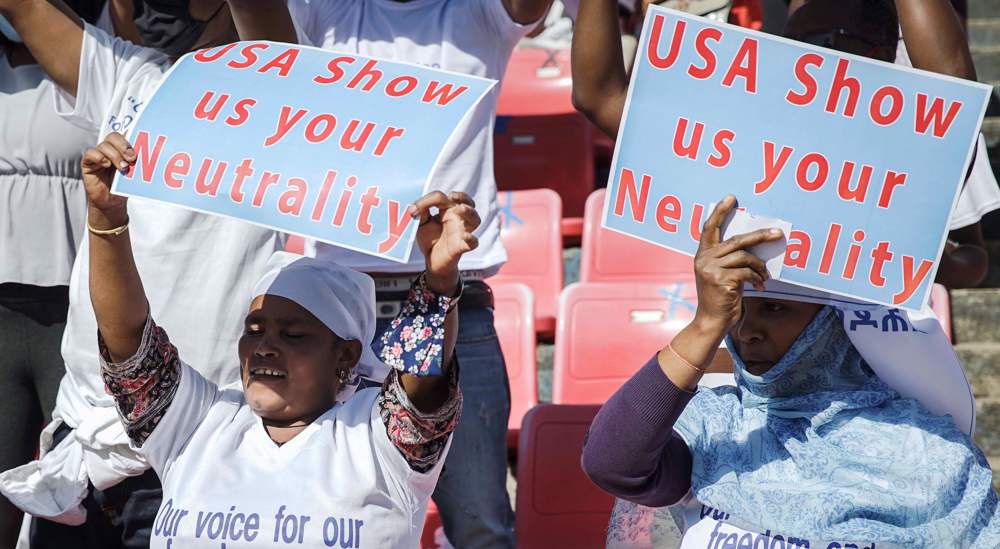
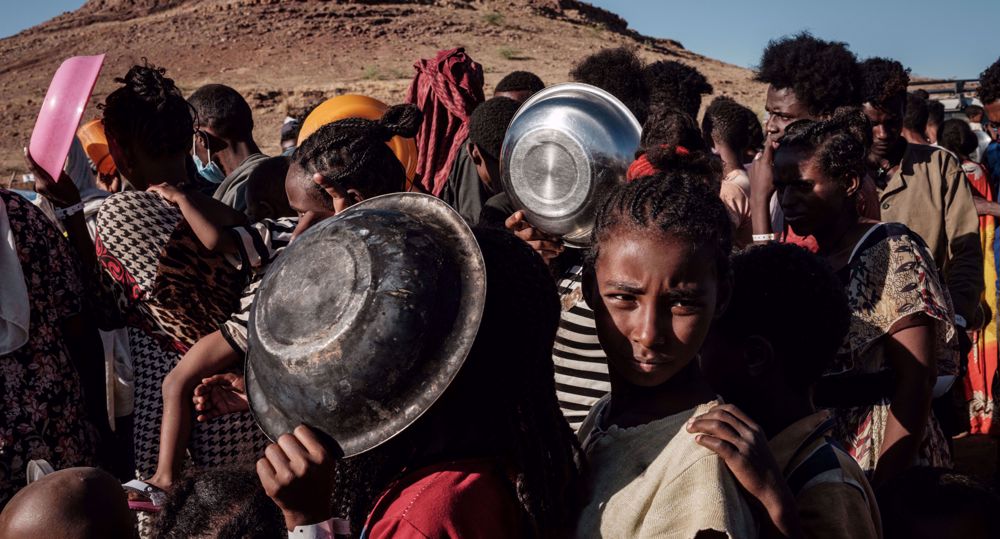

 This makes it easy to access the Press TV website
This makes it easy to access the Press TV website